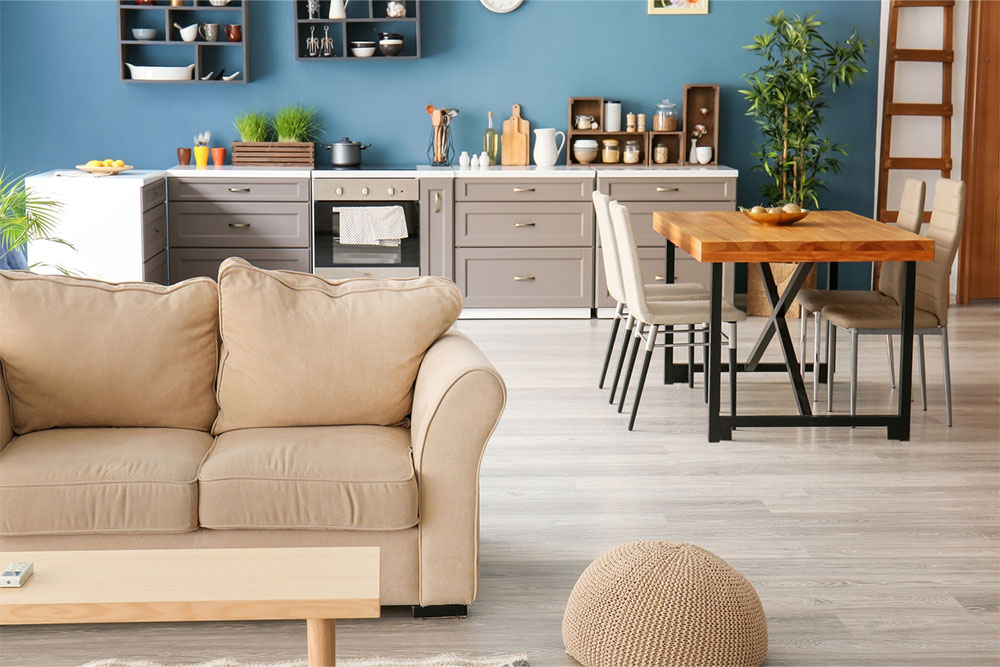Key Things to Know About Senior Housing Facilities
Every senior citizen is entitled to a roof above their head. But retirement may present initial financial challenges, as one no longer has a steady source of income. In this scenario, affordable independent housing facilities can help them have a comfortable existence. While there are several senior housing facilities in the country, including rental accommodations and papakāinga housing, it’s best to understand the different options and find the best solution catering to one’s needs.
Senior independent housing facilities
Retirement villages
Staying with individuals of one’s age provides much-needed support and motivation. As the name suggests, retirement villages are housing complexes for older adults.

This way, seniors have private spaces without being socially isolated or inconvenienced. Several real-estate developers now offer retirement villages and communities for seniors. These sprawling complexes have everything a senior would require for a comfortable existence – parks and open spaces, cafeterias, shops, dining areas, and recreational activities – while being quite affordable.
Papakāinga housing
These are essentially a set of houses on Maori land, and they allow for affordable housing while preserving indigenous cultures and traditions. Living in a papakāinga house can help seniors reduce their rent while reaping the benefits of comfortable accommodation.
Co-housing facilities
These private dwellings comprise anywhere from 12 to 32 households and have shared facilities and resources, making them quite affordable for seniors. Also, these facilities are entirely managed by residents, who are free to organize group and recreational activities. There are several co-housing options available in major cities in the country.
Lifestyle villages
While similar to retirement villages, lifestyle villages provide seniors with capital gains once the property is sold. These villages, typically for those over age 50, allow owners to manage the property independently, with the liberty to organize activities as desired. They are also quite cost-effective compared to owning mainstream property, so they serve as good senior housing options.
Residential care facilities
In some cases, seniors may look for assistance and care for specific activities while leading independent and dignified lives in general. In these cases, residential care facilities help fulfill such requirements in an affordable way. The first stage is a needs assessment, which indicates whether a person is eligible for residential care. If so, one may apply for a Residential Care Subsidy, which ensures affordable and comfortable accommodations for seniors requiring some assistance and care.
Social or public housing
Supplied by Kāinga Ora and community housing providers, public housing can be an affordable and relaxing living facility for seniors. But such accommodation options are quite limited, and the waiting list is usually long, so one should apply for them as early as possible. One can contact the Ministry of Social Development (MSD) services to check for their eligibility for social housing.
Things to consider when looking for senior housing options
Personal requirements
The first step when looking for senior apartments and homes nearby is to evaluate one’s personal needs – whether one can live independently (and if not, the type of assistance required), one’s age, total savings, pension (if applicable), and any government subsidies that may be claimed. Such an evaluation enables seniors to look for appropriate housing options that fit their budget and personal needs.
Size of home
The size of the home should be decided based on factors such as affordability, whether family members or friends will be staying or visiting, one’s typical daily activities, and one’s financial capacity to seek professional assistance to maintain the home.
Neighborhood
For seniors, a community that provides all the necessary facilities at a stone’s throw is a significant requirement. This is because seniors may not be able to commute long distances to buy their utilities, and having shops, healthcare facilities, hospitals, salons, restaurants, etc., in one’s vicinity is a big plus.
Facilities
Lifts, emergency exits, ventilated homes, walking spaces, and opportunities for community interaction are prerequisites for a good senior housing facility. So, one should look for apartments that organize – or allow residents to organize – recreational activities that encourage socialization and interactions.
Cost vis-a-vis features
Another essential aspect is the total property rate (including all additional charges) vis-a-vis the facilities offered and infrastructure provided in the community. Comparing the costs and features of different residential options for seniors enables one to pick the most cost-effective and comfortable housing.
Average cost of housing facilities
The average cost of senior housing options differs based on the type of facility. For example, the average weekly fee for retirement villages is about $121. Additionally, these villages may charge for phones, power, Internet, and other such facilities offered. So, before going for a senior housing facility, one should consider the type of housing that would suit them best based on their needs, income levels, and savings. Also, one should research the builder’s reputation and experience in the real estate industry, particularly in terms of senior living, well before finalizing a facility.

